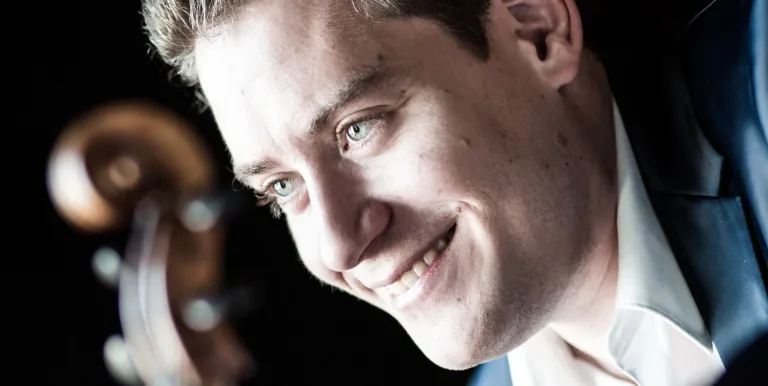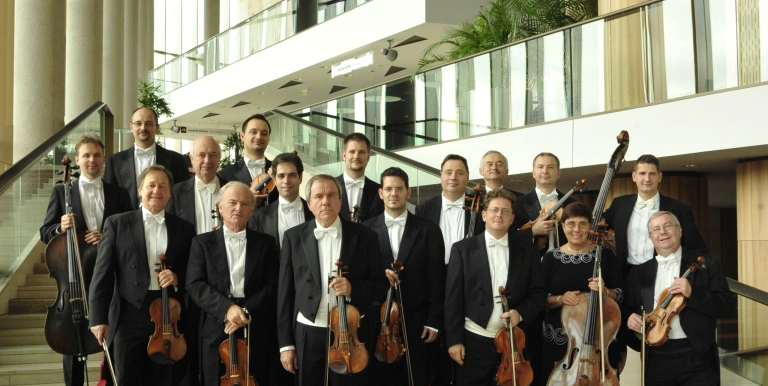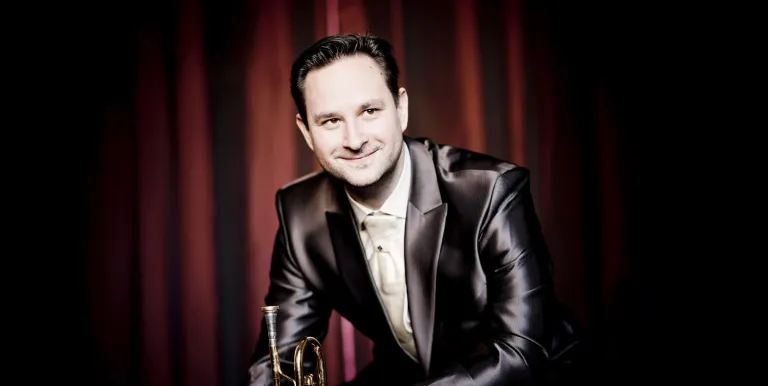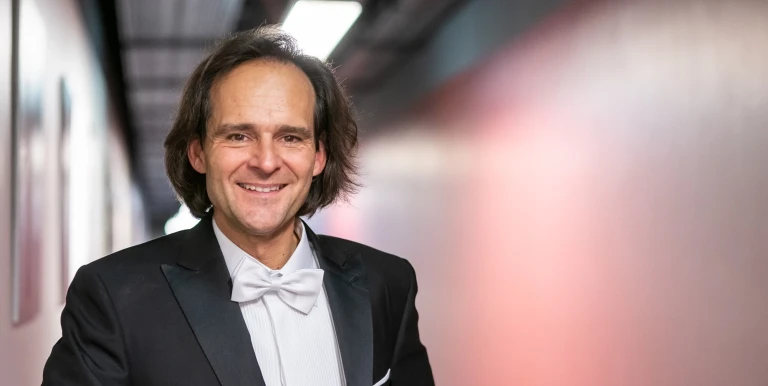one interval
Haydn
Violin Concerto No. 1 in C major, Hob. VIIa:1
Vivaldi
Violin Concerto in D major, op. 3, No 7, RV230
Vivaldi
Violin Concerto in A major (“Il rosignuolo”), RV 335a
Vivaldi
Violin Concerto in A minor, op. 3 ('L'Estro Armonico – The Harmonic Inspiration') No. 6, RV 356
Ysaÿe
Les Neiges d’Antan, op. 23
Sibelius
Suite for Violin and Strings, op. 117
Arvo Pärt
Fratres
Saint-Saëns
Introduction et Rondo Capriccioso
Hungary’s most distinguished chamber orchestra, founded in 1963 by the legendary Frigyes Sándor, has regularly given concerts – and made more than 200 recordings so far – with the greatest musicians of the 20th and 21st centuries. At this concert, the orchestra is joined by the Kossuth Prize-winning Kristóf Baráti, the young violinist whose playing was described by a critic of the prestigious British classical music magazine Gramophone as equal in poise to Heifetz, but with greater subtlety in tone, colour and emotional inflection.
Baráti’s artistic profile is characterised by a rare pairing of sparkling virtuosity and profound musicality, and this is reflected in a concert programme that promises a number of musical treats. Besides the young Joseph Haydn’s Violin Concerto in C major, which the composer wrote for the concertmaster of the Esterházy court orchestra, we will hear music evoking nature, including three concertos by Vivaldi and a work by Jean Sibelius that evocatively portrays a country scene, an evening in spring and the mood of summer.
Composer and violinist Eugène Ysaÿe was a contemporary of Jenő Hubay, whose devilishly difficult violin sonatas have been recorded by Baráti, and whose piece inspired by the famous refrain of a ballade by Villon ('Where are the snows of yesteryear?') is featured here. From the pen of Camille Saint-Saëns comes a suitably bravura piece composed for Pablo de Sarasate, a phenomenal violinist known for his astonishing virtuosity. One of the most acclaimed composers alive today, Estonia’s Arvo Pärt, marries frenzied movement to an ethereal tranquillity in his rightly popular composition Fratres, reflecting – as he has described it – the struggle within humanity between the momentary and the everlasting.
Presented by: Müpa Budapest
-
We wish to inform you that in the event that Müpa Budapest's underground garage and outdoor car park are operating at full capacity, it is advisable to plan for increased waiting times when you arrive. In order to avoid this, we recommend that you depart for our events in time, so that you you can find the ideal parking spot quickly and smoothly and arrive for our performance in comfort. The Müpa Budapest underground garage gates will be operated by an automatic number plate recognition system. Parking is free of charge for visitors with tickets to any of our paid performances on that given day. The detailed parking policy of Müpa Budapest is available here.












